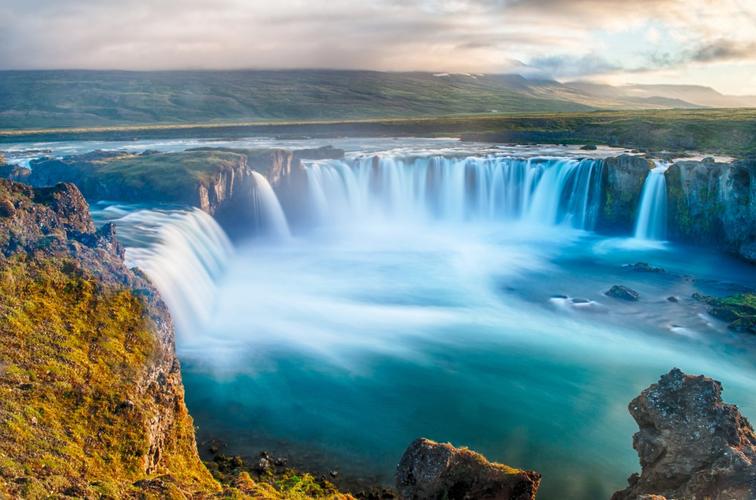Uncovering the Wonders of the World’s Most Unique Cultures
Culture is arguably the most treasured commodity of every society of the world. The ways, beliefs, and practices unique to a people define their identity, and hence, studying other cultures not only broadens our perspective, but also helps us understand our own roots better. In this blog post, we’ll take a closer look at some of the world’s most unique cultures and explore what makes them special.
1. Maasai culture
The Maasai tribe of East Africa is one of the most well-known and fascinating cultures in the world. Their nomadic lifestyle, colorful clothing, and unique jewelry have all contributed to their fame. However, their customs and traditions are just as captivating. In Maasai culture, males are revered and given the role of protecting the herd while females are tasked with taking care of the household. Moreover, they have an intricate and elaborate coming-of-age ritual called Eunoto, which involves several days of feasting, dancing, and singing.
2. Ainu culture
The Ainu culture is indigenous to Japan’s northernmost island of Hokkaido. The Ainu have a spiritual connection with nature, and they worship the gods that reside in all living things, including plants and animals. Their unique way of life is centered around hunting and fishing, and they have perfected the art of crafting boats and fishing gear. Interestingly, the Ainu have a practice where they extract the wisdom teeth of young children, believing that this helps prevent misfortune from befalling them.
3. Sámi culture
The Sámi people are another indigenous group that inhabit the northernmost parts of Scandinavia, Russia, and Finland. Their way of life is shaped and influenced by the Arctic landscape, which is characterized by cold temperatures and limited resources. Reindeer herding is perhaps the most significant aspect of Sámi culture, and every herd is owned collectively by the community. Sámi culture also places a great emphasis on storytelling, which helps preserve their traditions and pass them on to future generations.
4. Tibetan culture
Tibetan culture is defined by its deeply spiritual and religious nature. Buddhism is the dominant religion, and it has been embraced by the Tibetan people for over a thousand years. The monasteries in Tibet are some of the most awe-inspiring structures in the world, with intricate artwork and design. The Tibetan way of life is also characterized by meditation, and the monks are known for practicing Vajrayana Buddhism, which involves a meticulous and disciplined approach to meditation.
In conclusion, the world is truly a diverse and fascinating place, and studying the traditions and customs of other cultures brings us a step closer to appreciating the beauty and richness of human existence. The cultures we’ve explored today are just a few of the world’s most unique, and we can only imagine what other wonders await us. We hope that this blog post has sparked your curiosity and given you a glimpse into what makes these cultures so special.
(Note: Do you have knowledge or insights to share? Unlock new opportunities and expand your reach by joining our authors team. Click Registration to join us and share your expertise with our readers.)
Speech tips:
Please note that any statements involving politics will not be approved.
